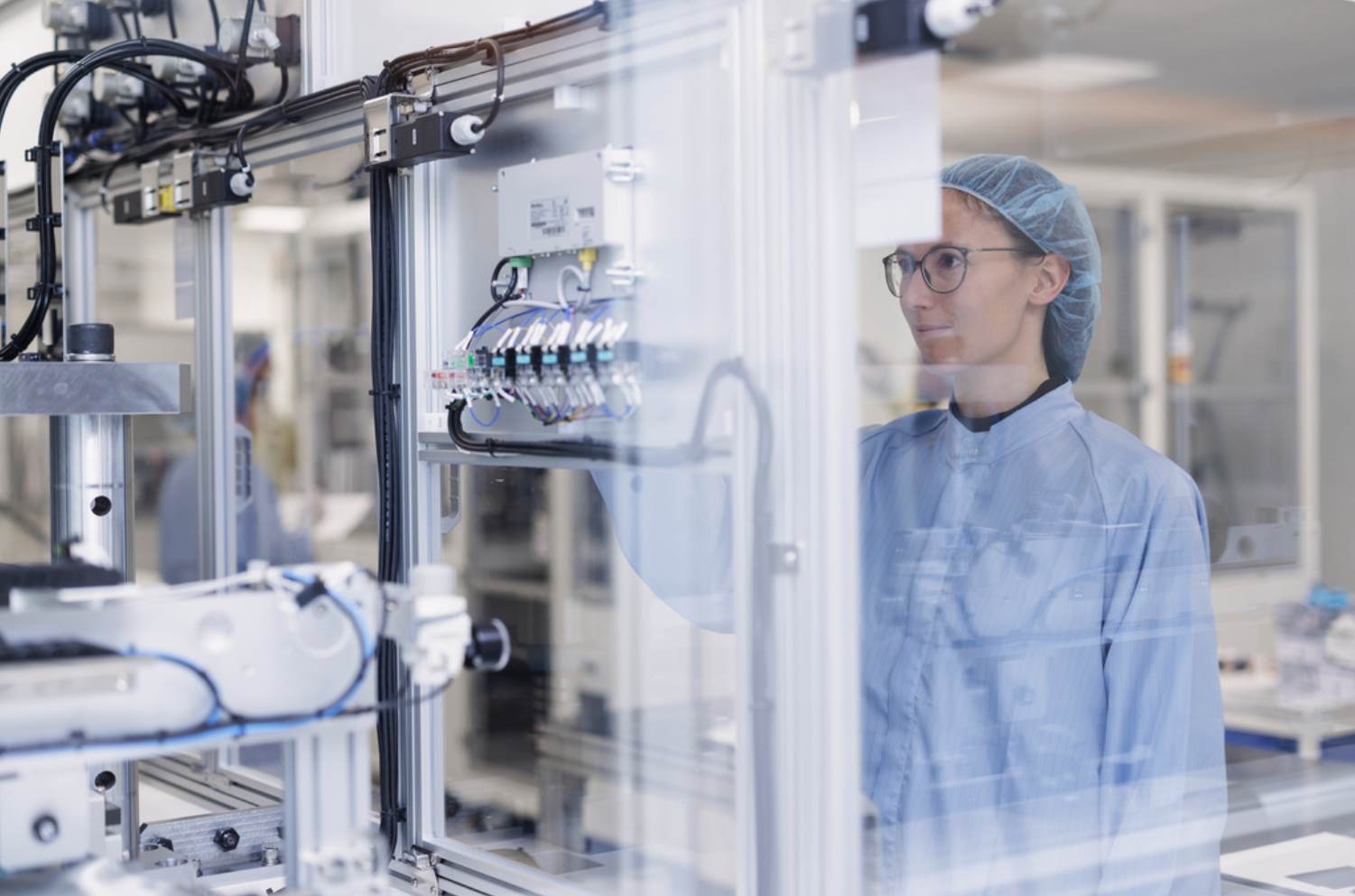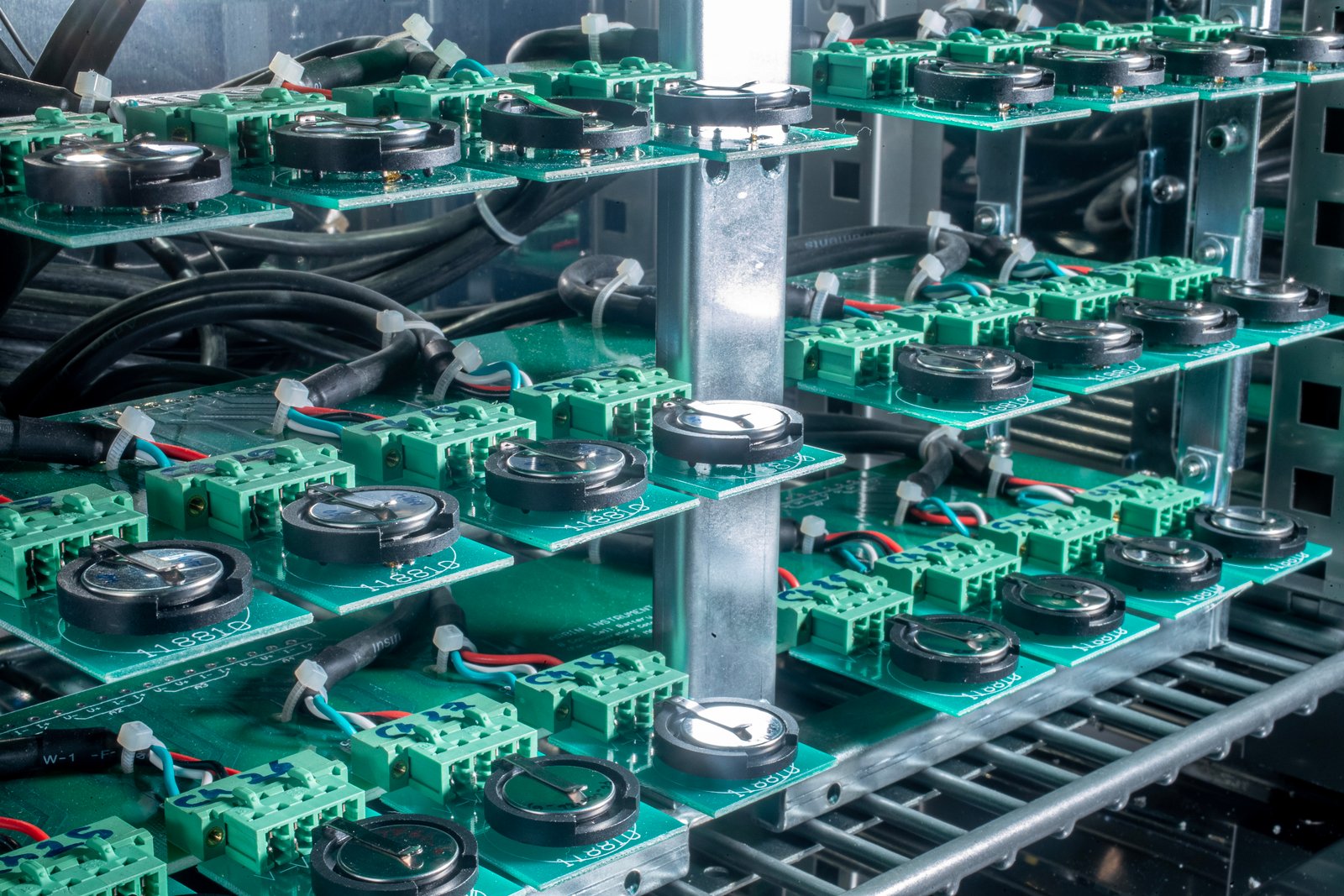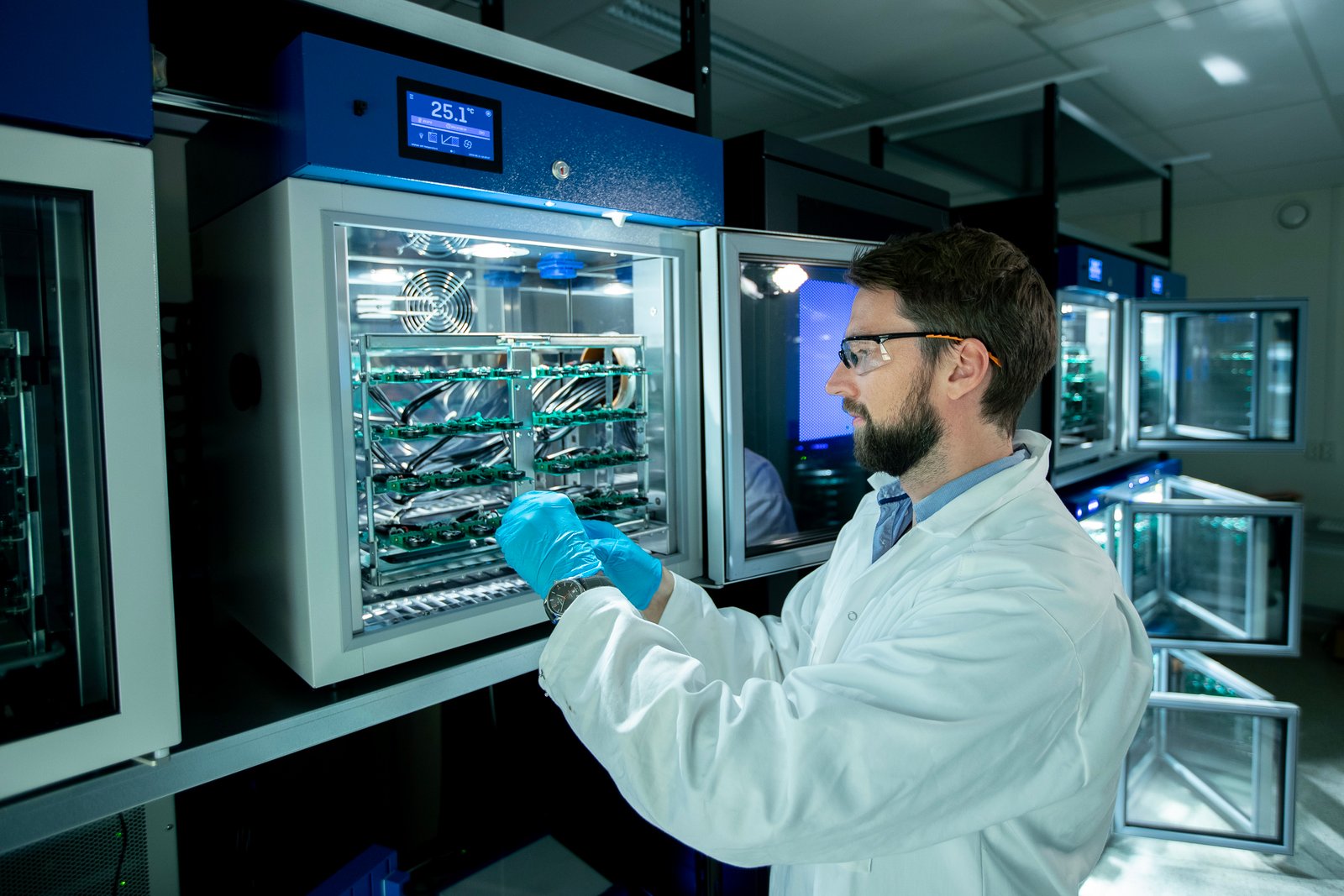SPRINT Context
The need for sustainable alternatives in stationary energy storage
As the demand for stationary energy storage continues to grow, particularly to support the transition to renewable power sources like solar and wind that generate power intermittently, the limitations of state-of-the-art lithium-ion batteries (LIBs) that dominate the market have become increasingly apparent. Issues such as critical raw material dependency, cost volatility, fire risk, and the environmental impact of mining have driven the search for safer, more sustainable alternatives. Sodium-ion batteries (SIBs) offer a promising solution based on low-cost, non-toxic materials, but challenges such as energy density, cycle life, and large-scale manufacturability, along with , limit their competitiveness.

SPRINT Objectives

– Develop and optimize sodium-ion batteries using innovative materials and processes.
-Demonstrate scale-up of sodium ion battery production using the new materials, methods and processes, by making a fully functional prototype battery pack
– Ensure the batteries are safe, sustainable, and economically viable for large-scale energy storage.
– Demonstrate the effectiveness of the prototype battery pack at two sites in Austria and Lithuania, with additional international collaborations.
– Achieve significant cost reductions, improve energy density and power metrics, and extend the batteries’ cycle life.
– Support the commercialization of these solutions through an Exploitation Board to facilitate market uptake.
SPRINT Approach
Key Innovations:
– Optimised NFP cathode materials developed through novel synthesis methods.
– Hard-carbon anodes with reproducible performance derived from Northern European Forest residues.
– Quasi-solid-state polymer and polymer composite electrolytes with solvent-free synthesis, offering a safer alternative to flammable liquid electrolytes.
– Strategic interface optimisations to enhance cycle life.
– Dry electrode processing (incl. PFAS-free binders) to reduce the environmental impact of battery manufacturing by eliminating solvents.
Key Performance Indicators (KPIs) targets:
✔ Cost reduction to 0.04€/kWh/cycle.
✔ Increased energy density (>200 Wh/kg & >420 Wh/L).
✔ High power capability (>500 W/kg).
✔ Extended cycle life (>5,000 cycles).
✔ Enhanced safety through a leak-free, non-flammable design.

Countries with Partners
Currently Selected Country
